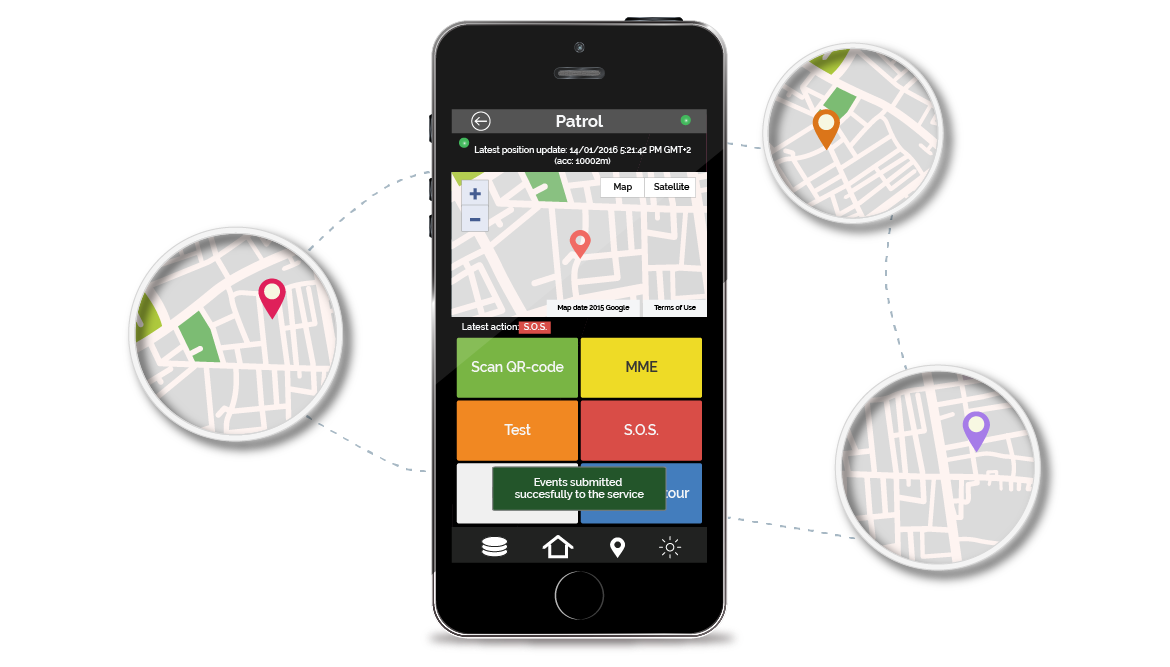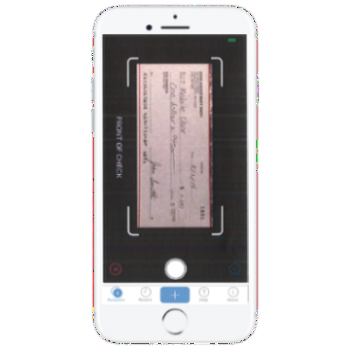


Fixed in OpenSSL 1.1.1k (Affected 1.1.1-1.1.1j).Ī potential memory corruption issue was found in Capsule Workspace Android app (running on GrapheneOS). OpenSSL 1.0.2 is not impacted by this issue. Users of these versions should upgrade to OpenSSL 1.1.1k. All OpenSSL 1.1.1 versions are affected by this issue. OpenSSL TLS clients are not impacted by this issue. A server is only vulnerable if it has TLSv1.2 and renegotiation enabled (which is the default configuration). If a TLSv1.2 renegotiation ClientHello omits the signature_algorithms extension (where it was present in the initial ClientHello), but includes a signature_algorithms_cert extension then a NULL pointer dereference will result, leading to a crash and a denial of service attack.

This can be leveraged to perform an arbitrary file move as NT AUTHORITY\SYSTEM.ġ2 Checkpoint, Debian, Fedoraproject and 9 moreġ67 Multi-domain Management, Multi-domain Management Firmware, Quantum Security Gateway and 164 moreĪn OpenSSL TLS server may crash if sent a maliciously crafted renegotiation ClientHello message from a client. This occurs because of weak permissions for the %PROGRAMDATA%\CheckPoint\ZoneAlarm\Data\Updates directory, and a self-protection driver bypass that allows creation of a junction directory. If the portal is configured for username/password authentication, it is vulnerable to a brute-force attack on usernames and passwords.Ĭheck Point Security Management's Internal CA web management before Jumbo HFAs R80.10 Take 278, R80.20 Take 160, R80.30 Take 210, and R80.40 Take 38, can be manipulated to run commands as a high privileged user or crash, due to weak input validation on inputs by a trusted management administrator.Ĭheck Point ZoneAlarm Extreme Security before 15.8.211.19229 allows local users to escalate privileges.

The IPsec VPN blade has a dedicated portal for downloading and connecting through SSL Network Extender (SNX). This allows an unprivileged user to enable escalation of privilege via local access. A sophisticated timed attacker can replace those files with malicious or linked content, such as exploiting CVE-2020-0896 on unpatched systems or using symbolic links. ZoneAlarm Anti-Ransomware before version 1.0.713 copies files for the report from a directory with low privileges. In addition, weak permissions in the ProgramData\CheckPoint\ZoneAlarm\Data\Updates directory allow a local attacker the ability to execute an arbitrary file write, leading to execution of code as local system, in ZoneAlarm versions before v15.8.211.192119 Check Point ZoneAlarm before version 15.8.200.19118 allows a local actor to escalate privileges during the upgrade process.


 0 kommentar(er)
0 kommentar(er)
